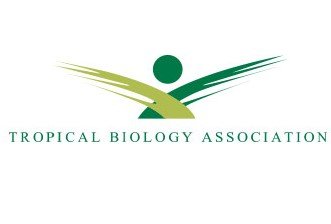This is why we invest in capacity building

One of AMMCO’s strategies to save aquatic wildlife is to reinforce the capacity of marine biologists outside our organization. The aquatic megafauna is nowadays facing increasing threats that are beyond the capability of any conservation group. We cannot do it alone.
Over the years, AMMCO has developed key technical expertise in certains subjects of marine biology. In particular, we have made significant investments in the surveillance and monitoring of marine mammals and the coastal zones, characterization of habitat, inventory of the aquatic megafauna species and collaborative or community based approaches to conservation. In terms of species, we have developed advanced scientific tools in the conservation of the African manatee, more specifically in the study of DNA and population genetics. There are very few marine biologists in Central Africa and we realized the necessity to communicate our expertise to the next generation of scientists so we can scale up conservation efforts in general across the continent. At the same time, we also recognize our limited knowledge in certain fields of study and the need to foster interchange with other scientific institutions. One striking example is the infestation of Lake Ossa by the Salvinia plant that requires expertise in entomology which is not a core asset of AMMCO.
As such and since its foundation in 2014, AMMCO has been welcoming every year two to five interns from various universities of Cameroon including the University of Douala, University of Dschang, University of Yaounde, University of Bamenda, and the halieutique institute of Yabassi. AMMCO is one of the few organizations in Africa specialized in the research and conservation of the aquatic megafauna in general and the African manatee in particular. Very few local universities in Cameroon and in Africa offer practical training in the field of marine conservation. Our first foreign intern came in 2014 from Nigeria and we recently supervised an intern from Tunisia. This allowed us to share our expertise and also learn from those students as their universities may have different skills that we could benefit from. In the case of Ghofrane, the recent intern from Tunisia, her university has advanced expertise in elasmobranch (which refers to cartilaginous fishes like sharks, rays, and skates) and the AMMCO staff had the opportunity to learn from this domain through her.
More than just training new scientists, our goal is really to promote an exchange of skills and techniques. It is also an avenue to discuss and exchange best practices to raise the overall baseline of expertise across the network of marine scientists through better checks and balances. By joining forces and combining our scientific techniques we hope to tilt the balance of power between wildlife threats and the human capacity and increase the conservation efforts across the African continent.
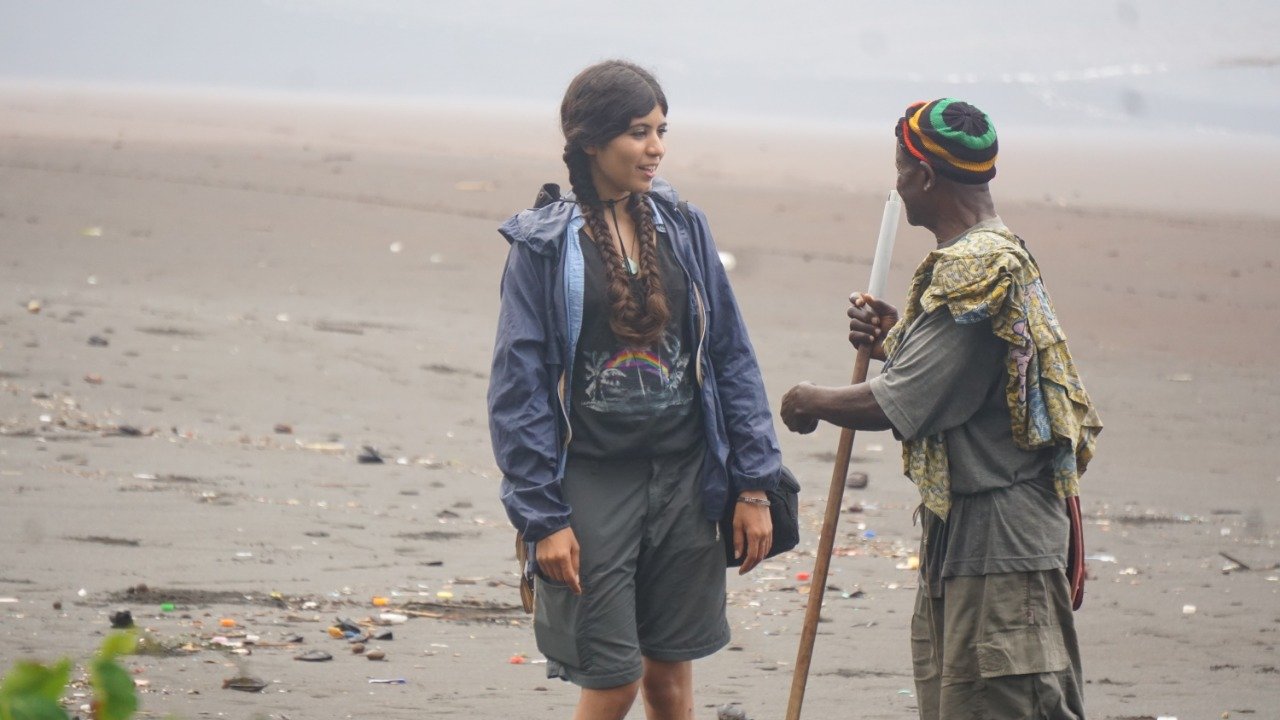

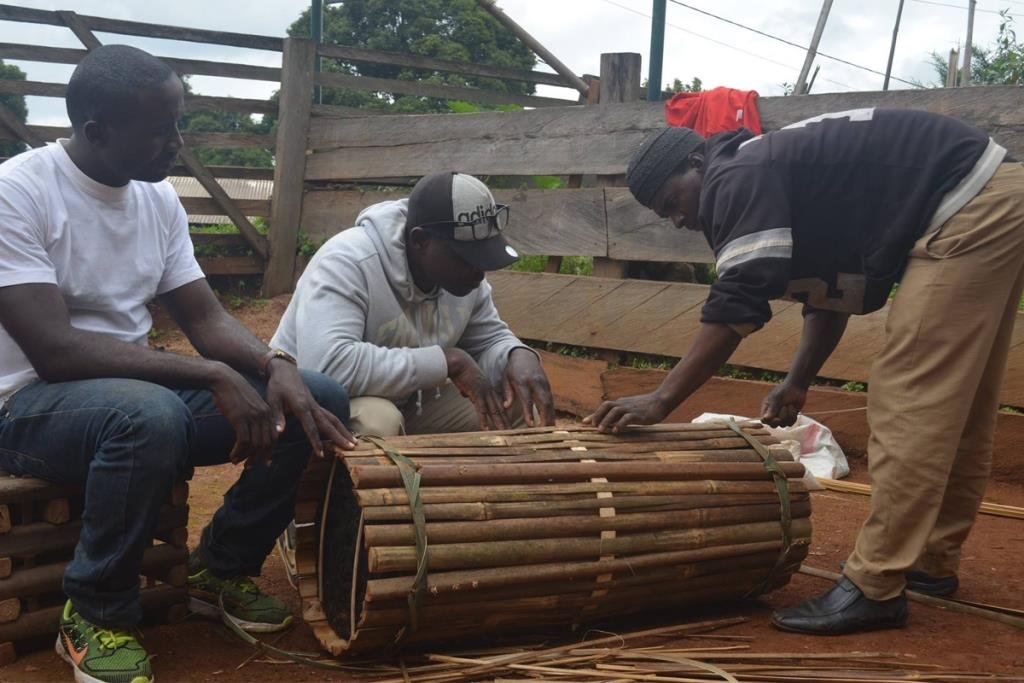
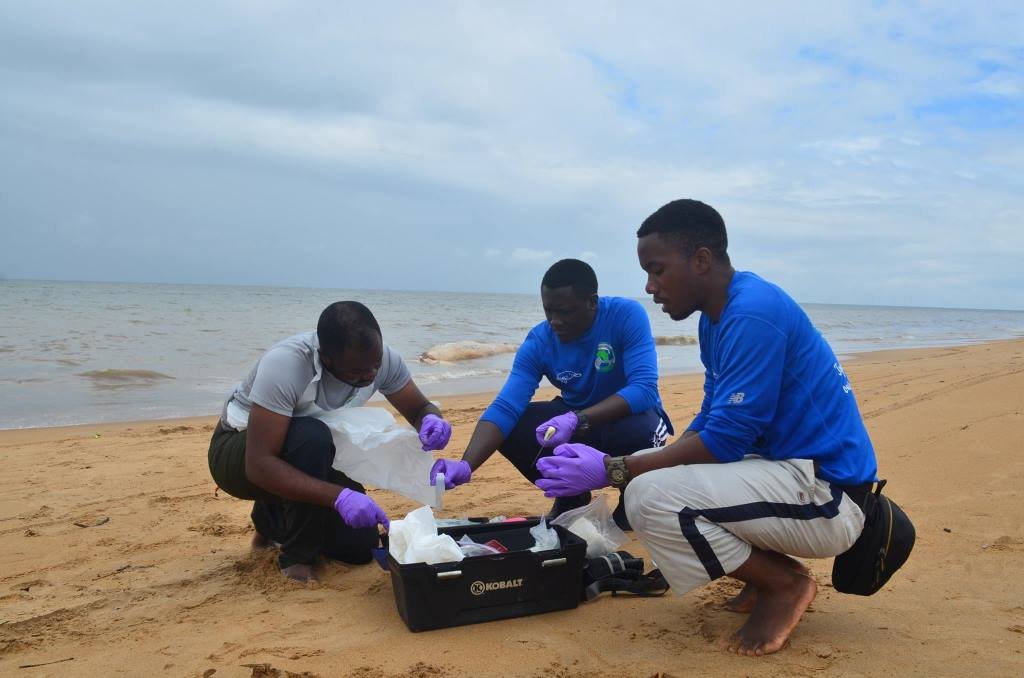
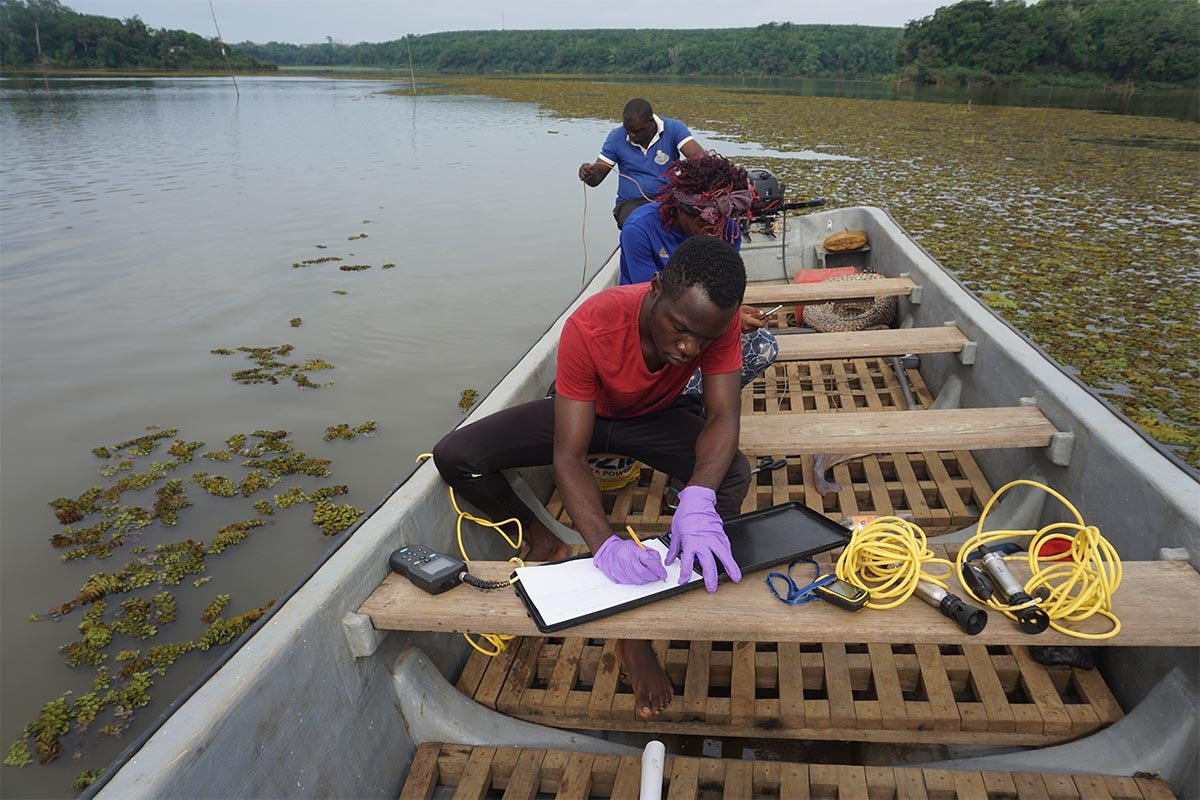



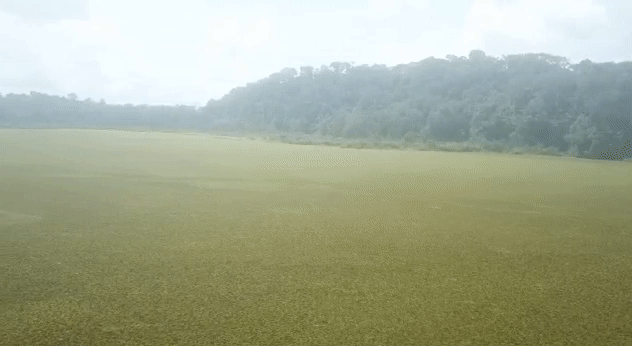

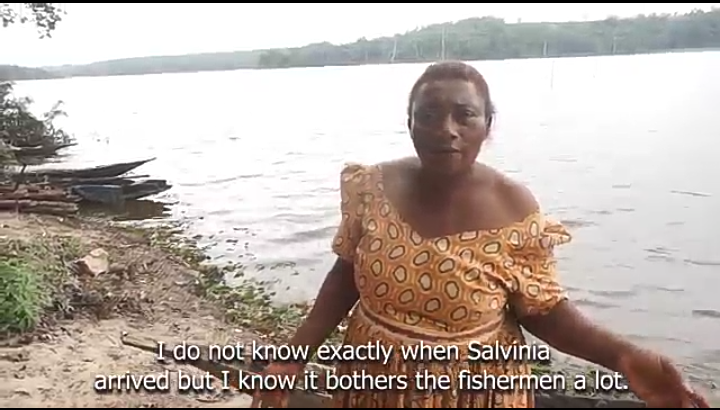

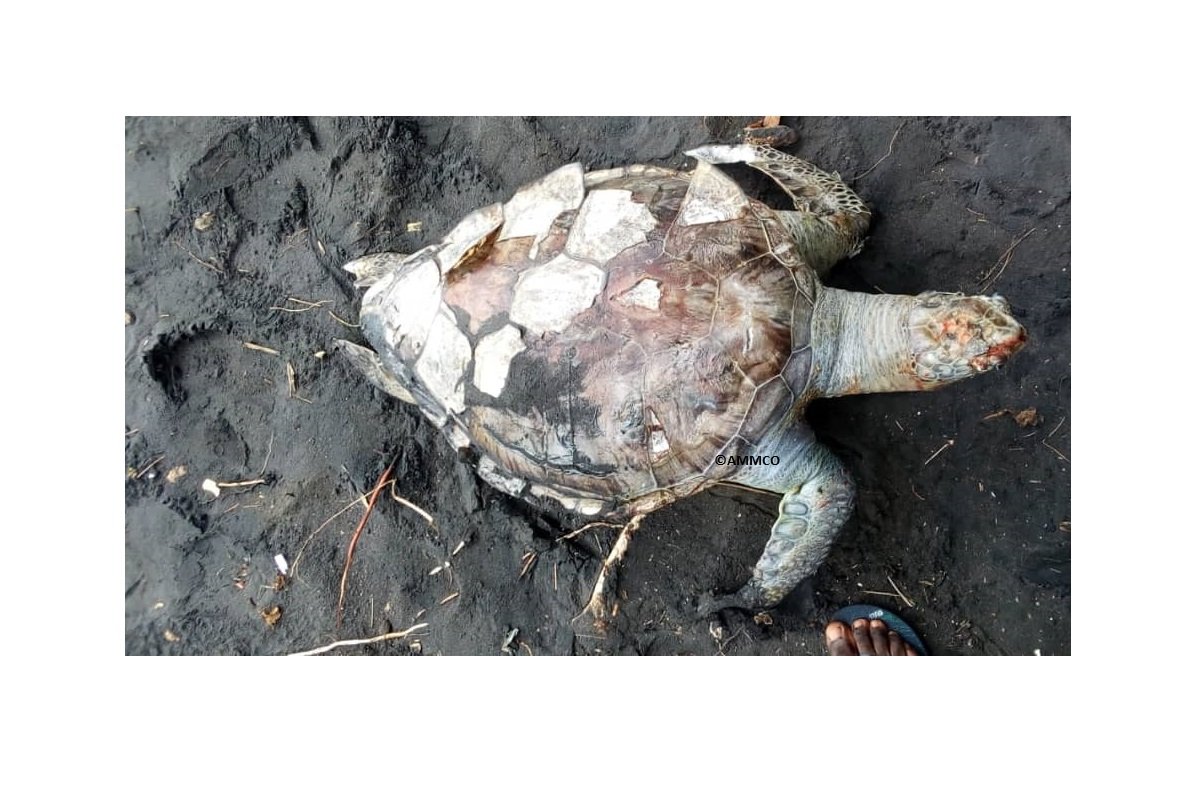

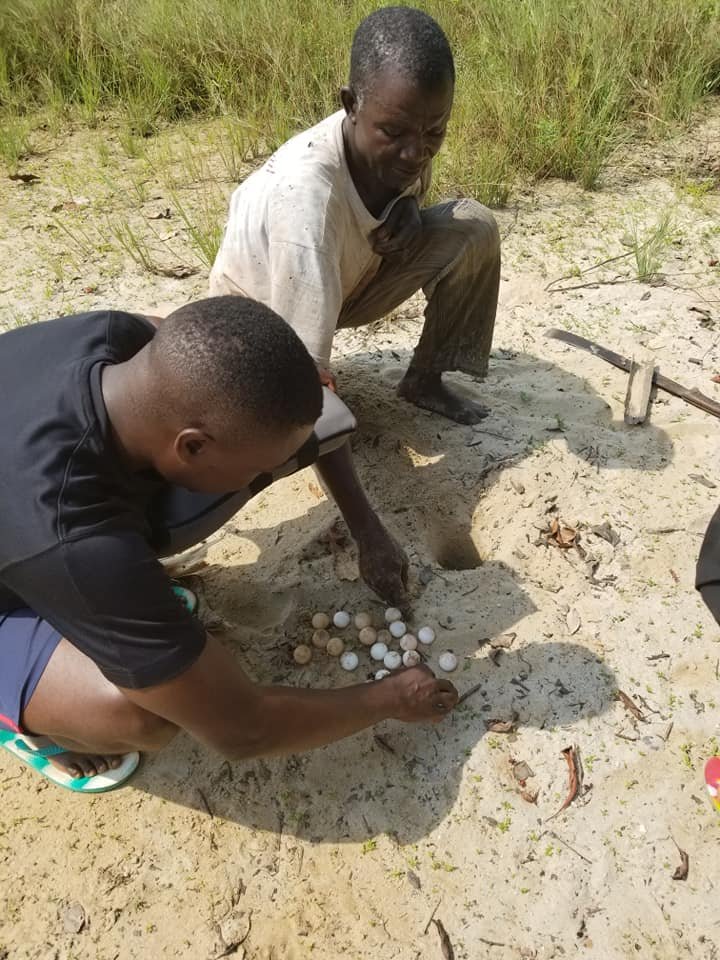
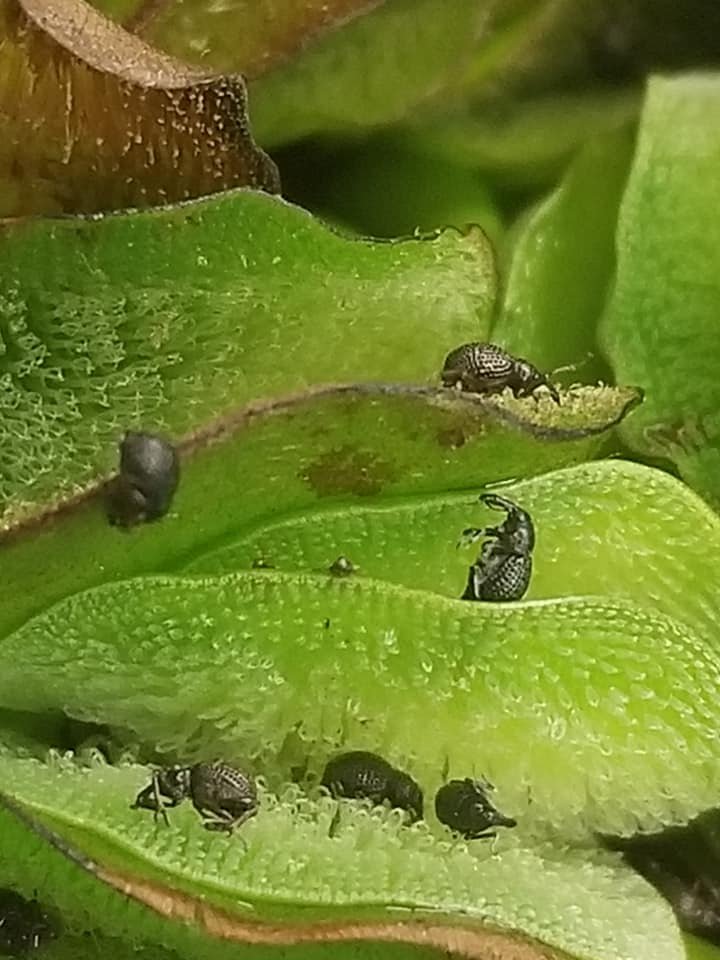
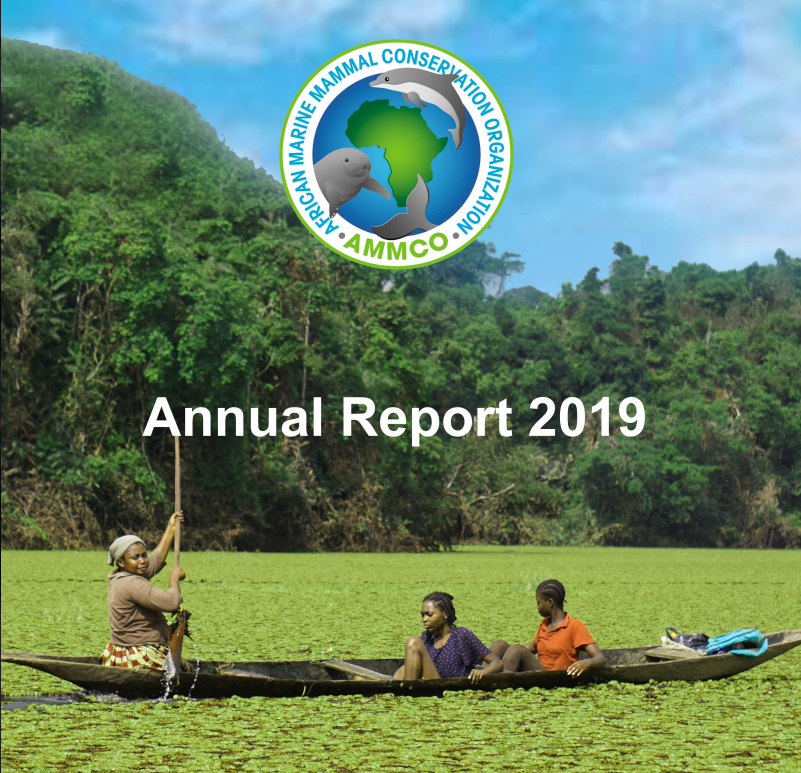

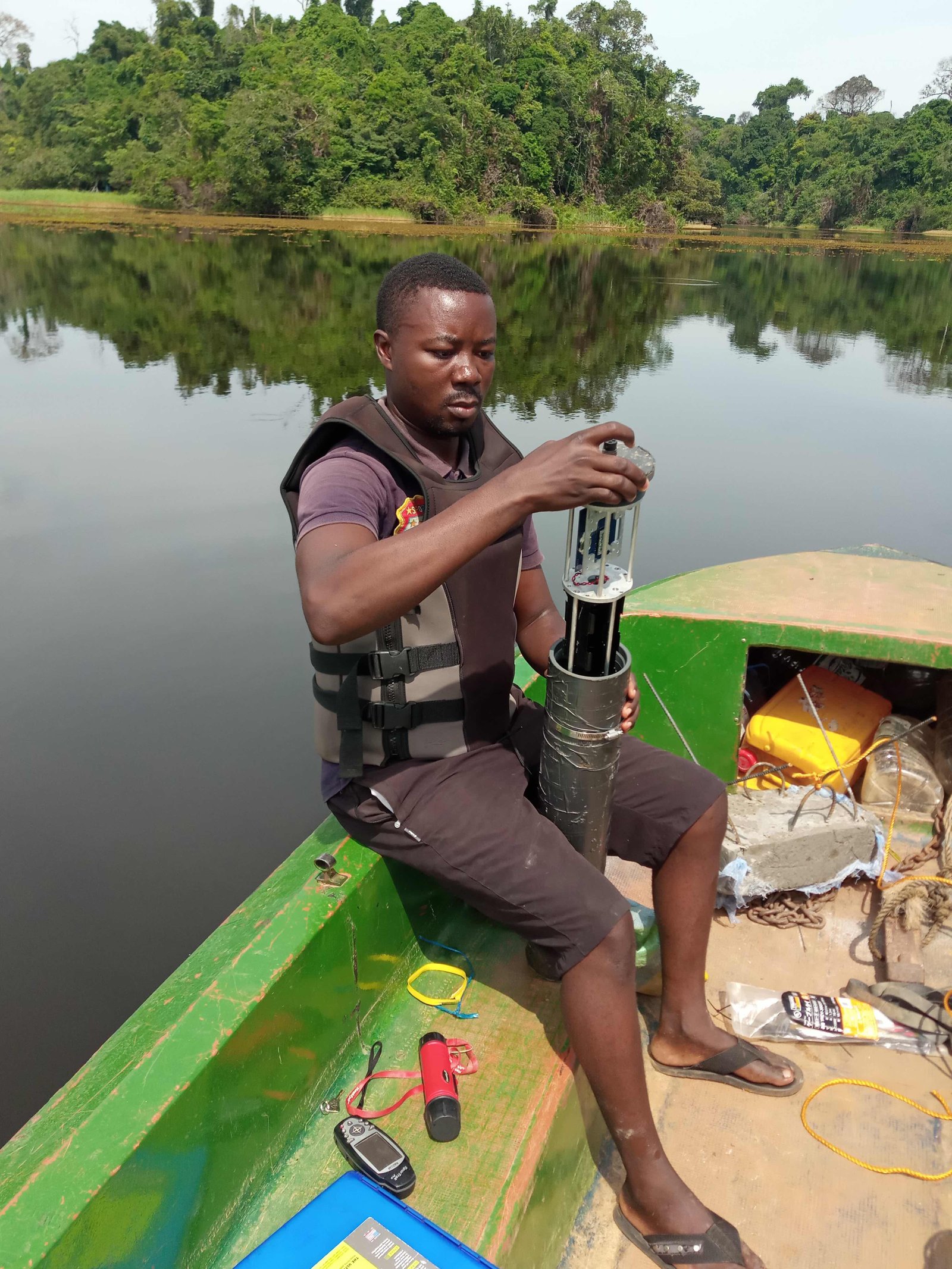


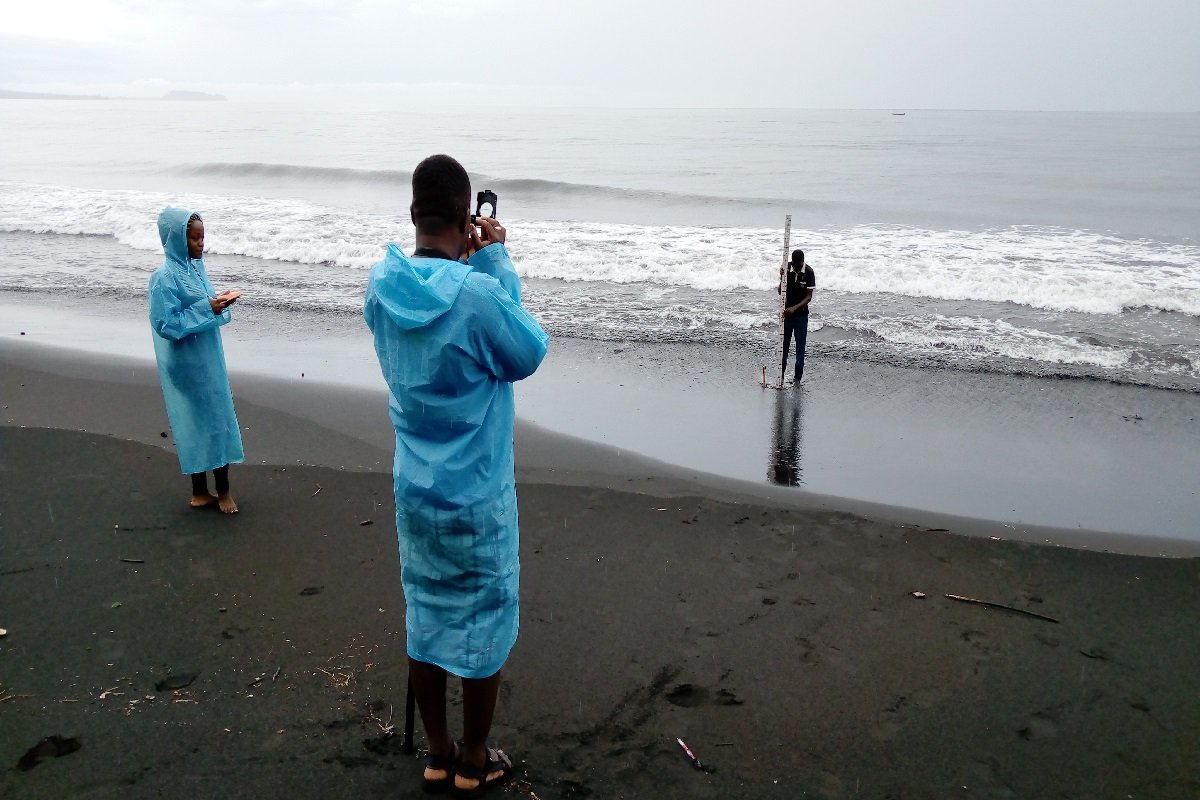
.jpg)

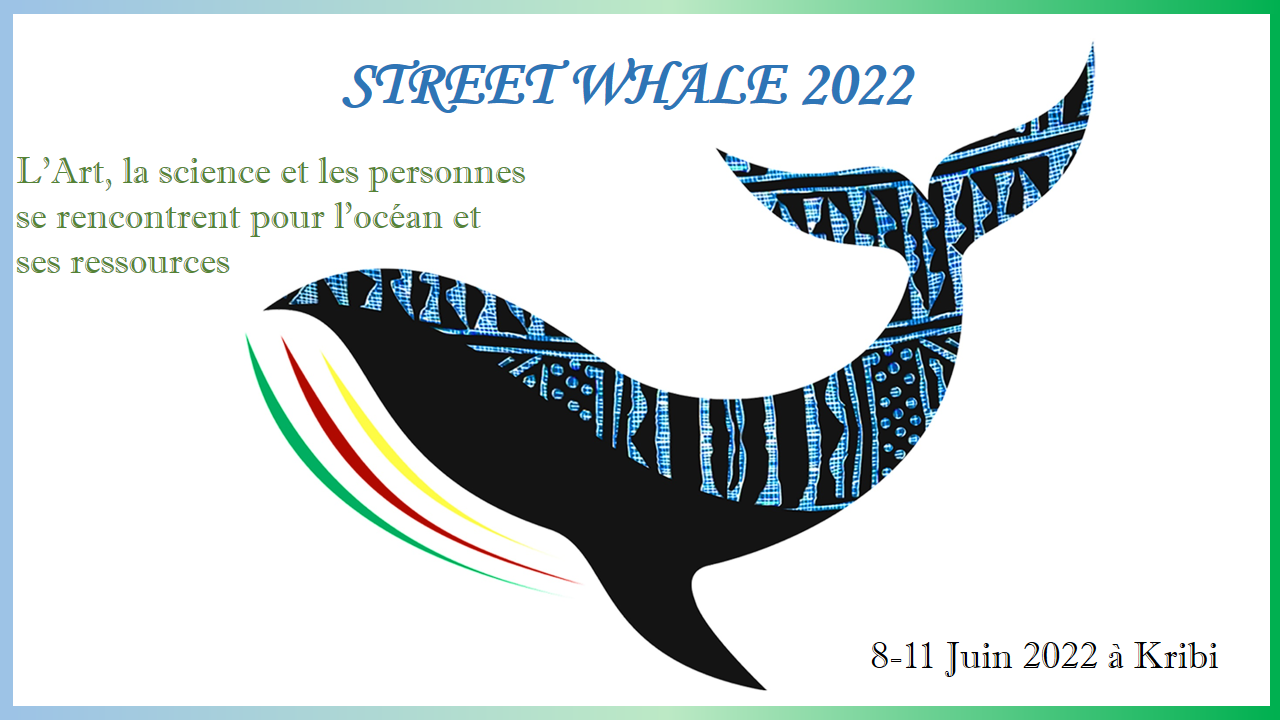
.jpeg)






.jpg)





.jpeg)
.jpeg)
.jpeg)
